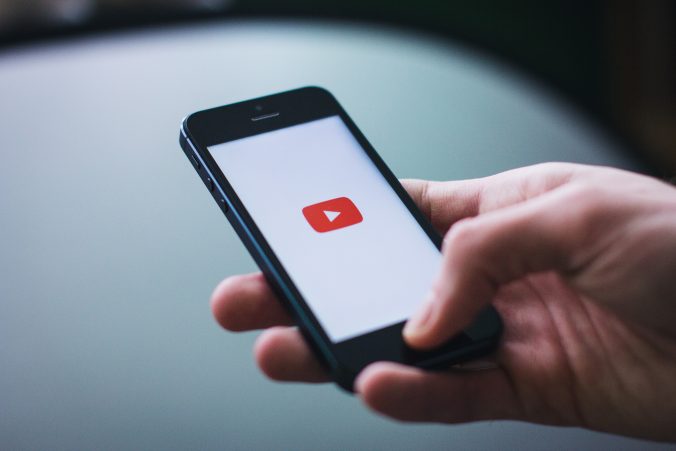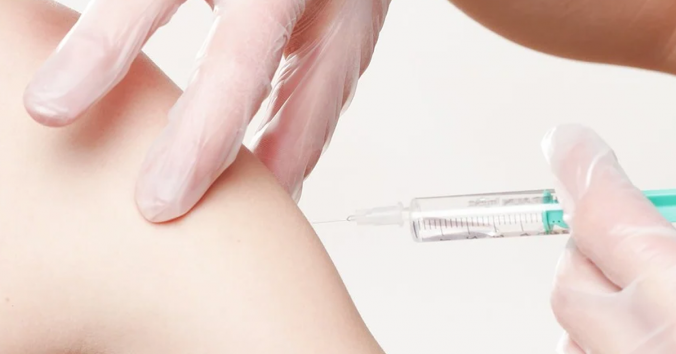YouTube has become an easily accessible source of information on a variety of issues, from how to fix a puncture to what Plato meant by love, and much more. Of course, YouTube can also serve as a source of health information. Regarding certain issues of health, it may be of importance to review whether the information in the uploaded videos is reliable.
A sensitive research ethical issue is what it means for children to participate in clinical cancer trials. Parents of children with cancer can be asked to give informed consent, agreeing to let their child to participate in such a study. Since the information from the researchers is difficult to understand, as is the whole situation of the family, it is conceivable that many choose to obtain information from the Internet and social media such as YouTube. If so, what kind of information do they get? Is the information ethically satisfactory?
Tove Godskesen, Sara Frygner Holm, Anna T. Höglund and Stefan Eriksson recently conducted a review of YouTube as a source of information on clinical trials for paediatric cancer. The survey was limited to videos in English posted 2010 or later, not more than 20 minutes long and with more than 100 views. Most of the videos had been produced by centres, hospitals or foundations that conduct paediatric cancer studies. The videos were graded using an instrument (DISCERN), the questions of which were adapted to the purpose of measuring the research ethical reliability of the videos. The authors found that 20 percent of the videos were useful without serious shortcomings; almost 50 percent of the videos were misleading with serious shortcomings; 30 percent were classified as inappropriate sources of information. No video could be classified as excellent.
The quality of the videos was thus generally low from a research ethical point of view. A particularly serious problem had to do with the fact that half of the videos focused on new experimental treatments or innovative early clinical trials with children whose cancer had recurred or where the standard treatment had failed. In such Phase 1 clinical trials, one mainly investigates what doses of the drug can be given without too many or too severe adverse effects. Such studies cannot be expected to have any positive therapeutic effect for these children. Instead of emphasizing this ethical difficulty in Phase 1 trials, a hopeful affective language was used in the videos suggesting new therapeutic possibilities for the children.
The authors draw the practical conclusion that children with cancer and their parents may need advice on the quality of the often anecdotal healthcare information that can be found in videos online. Because video is simultaneously an excellent medium for information to both parents and children, the authors suggest that healthcare providers produce and upload high-quality information on clinical paediatric cancer studies.

Written by…
Pär Segerdahl, Associate Professor at the Centre for Research Ethics & Bioethics and editor of the Ethics Blog.
Tove Godskesen, Sara Frygner Holm, Anna T. Höglund & Stefan Eriksson (2021) YouTube as a source of information on clinical trials for paediatric cancer, Information, Communication & Society, DOI: 10.1080/1369118X.2021.1974515
We care about communication




Recent Comments